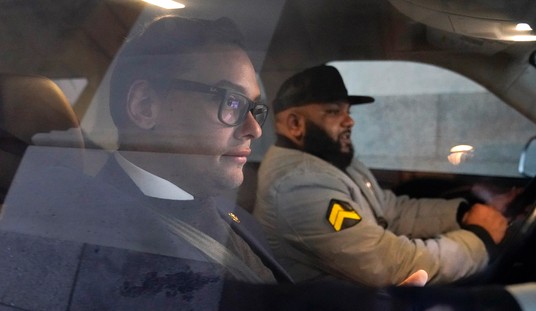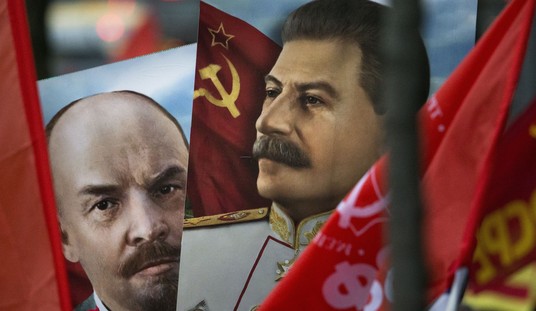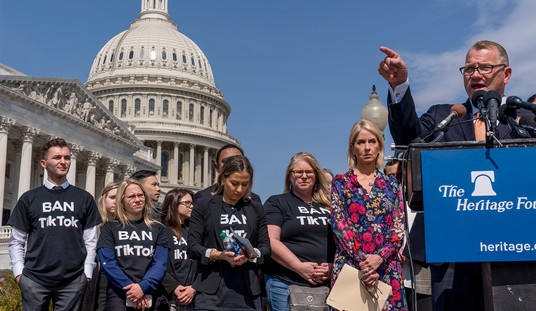Well, what did people expect after a mandate of 93% — excuse me, 96.7% — in the plebescite yesterday? Shortly after Crimea voted overwhelmingly (with the helpful presence of Russian troops occupying the peninsula) to secede from Ukraine and become an independent state, its parliament then declared independence. It followed that proclamation by working to stop being independent and instead attach itself to the Russian Federation:
A delegation of Crimean lawmakers is set to travel to Moscow Monday for negotiations on how to proceed further. Russian lawmakers have suggested that formally annexing Crimea is almost certain.
The Kremlin clearly put the issue on a fast track. Both houses of parliament were set to gather for a joint meeting in the Kremlin on Tuesday to hear President Vladimir Putin’s address on the subject.
The parliament has formally requested recognition for its new status at the UN and with Western nations, but they’re not going to get it — and that will extend the diplomatic issues with Russia. If Putin and Russia’s Duma annex Crimea, it will technically be a seizure rather than a legitimate annexation in the paradigm of self-determination. No Western nation is going to recognize the legitimacy of a plebescite held under occupation by foreign troops, no matter how many ethnic Russians live on the Crimean peninsula.
On the other hand, Putin told Barack Obama that the West already has set that precedent, and Crimea is merely following it. Anyone remember … Kosovo?
President Barack Obama told Russian President Vladimir Putin Sunday the United States rejected the results of Crimea’s vote hours earlier to secede from Ukraine and join Russia, and again called for a diplomatic resolution to the conflict.
Speaking by phone on Sunday afternoon, Obama “emphasized that the Crimean ‘referendum,’ which violates the Ukrainian constitution and occurred under duress of Russian military intervention, would never be recognized by the United States and the international community,” the White House said in a readout.
Putin argued that Crimea’s vote was “fully consistent with international law,” the Kremlin said in its readout, pointing to Kosovo’s 2008 vote to separate from Serbia as setting the precedent for Sunday’s balloting.
But the United States and its partners disagree. They believe that “Russia’s actions were in violation of Ukraine’s sovereignty and territorial integrity,” the White House said, and “are prepared to impose additional costs on Russia,” including sanctions and visa restrictions.
Well … there are a couple of parallels. NATO occupied former Yugoslavian states to prevent more atrocities in the Balkans wars, which fragmented the post-Versailles construct of Yugoslavia into its historic, ethnic-based states. Kosovo, however, had long been part of Serbia — certainly longer than Crimea had been part of Ukraine — and yet the West rushed to recognize it after a unilateral declaration of independence in 2008. Five months later, Putin rolled into South Ossetia and Abkhazia and briefly into Georgia proper, before pulling back and recognizing the independence of those two enclaves.
This looks like even more payback. That doesn’t make Putin right or this any less of a farce, but it does highlight the fact that Putin has been the West’s chief geopolitical adversary at least since Kosovo, and probably ever since Putin took power after the Boris Yeltsin era of Russian retreat. He’s playing a long game here, not operating from a piecemeal strategy. And that should have the Baltic states of Estonia and Latvia very, very worried.








Join the conversation as a VIP Member